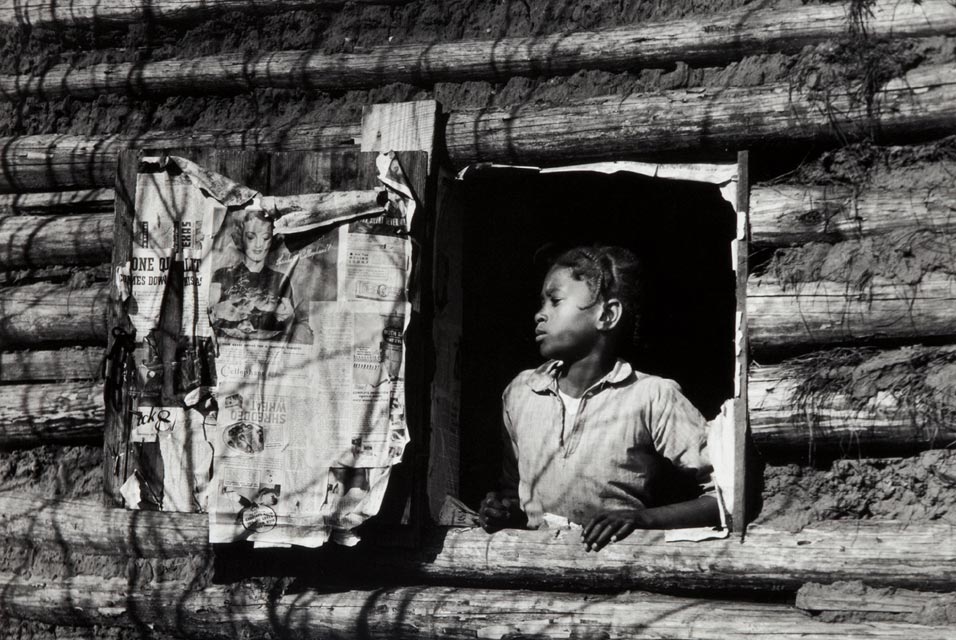
Rights of Property of Slaves
On November 19, 1824, a slave belonging to Thomas and William Brandon found $2,190 in notes issued by the Planters' and Merchants' Bank of Huntsville. A third party took the notes from the slave and returned them to the bank before the Brandons could intervene. The Brandons sued to recover the notes, arguing that anything acquired by a slave belonged to the master. The bank argued that the principles of common law applied: a lord must seize property from a villein before he could claim it. The plaintiffs argued that Roman law, rather than common law, applied. Under the former, the master had absolute right to all that a slave possessed. In his opinion, Judge Saffold noted that neither counsel nor court had discovered any American decisions directly to the point, but concluded that, with respect to "found property," the finder (and if a slave the master) had a contingent title. In other words, he ruled for the Brandons. Judge Crenshaw added American slaves were "in absolute bondage." Whatever they lawfully acquired immediately became the property of the master. Contrary to the bank's common law analogy, seizure was unnecessary. Brandon v Planters' and Merchants' Bank, 1 Stewart 320 (1828).

Farmer's and Merchant's Bank, Huntsville, Alabama
Moses belonged to Mrs. Owen, who allowed him to retain a portion of the wages he earned. Moses used this money to purchase a lot in Mobile County. A free black named Shanklin served as his agent in this transaction. At some undetermined point, Moses sold the lot. Eventually, Moses came into the possession of Johnson. At the time Johnson owned Moses, Shanklin approached the latter, requesting a loan to purchase his daughter. Moses loaned Shanklin the money acquired through the sale of the lot. Johnson learned of the transaction and sued to recover. Judge Collier ruled in Johnson's favor. A slave could certainly retain and dispose of money with his master's permission. Furthermore, an agent could use such money to acquire real estate for the slave's benefit. In such cases, neither the original master nor subsequent owners could claim the property because it was legally in the name of the agent. But when the money had been counted and loaned to Shanklin in Moses' presence, Johnson acquired a claim. Shanklin v Johnson, 9 Alabama 271 (1846).

James Kelly permitted Wash to retain half of the money he earned as a cab driver in Mobile. Wash funneled his earnings to John Webb, who apparently had agreed to help the slave purchase his freedom. A sale was executed, but Kelly sued Webb after learning he had been defrauded. Judge Stone ruled in Kelly's favor. Whatever property a slave accrued belonged to the master (1 Stewart 320 and 20 Alabama 488). If a slave acquired property with his master's consent and transferred it likewise, the master could not recover (9 Alabama 271 and 28 Alabama 514). But in this case the person who received the property did not receive it in his own right, but as a "custodian for the benefit of the slave." The purchase had been made with money furnished by Wash without Kelly's permission. Webb v Kelly, 37 Alabama 333 (1861). [source: http://www.lib.auburn.edu/archive/aghy/slaves.htm#rights]


This comment has been removed by the author.
ReplyDeleteVery interesting subject , thanks for posting . Malvern law firm Australia
ReplyDeleteWoah! I’m really enjoying the template/theme of this blog. It’s simple, yet effective. A lot of times it’s very difficult to get that “perfect balance” between user friendliness and appearance. I must say you have done a great job with this. In addition, the blog loads extremely quick for me on Chrome. Exceptional Blog! wills and Estates Laywer Malvern
ReplyDeleteLahore Smart City is a collaboration between Habib Rafiq Group and FDH. It is thought to be Pakistan's first major residential project that will not only be a tremendous success but also an amazing project. It is regarded as one of the most popular residential projects in no time owing to its environmentally friendly nature, unique characteristics, and contemporary designs where you will have immediate fulfilment and a fantastic potential for investment.
ReplyDeleteRadisson Blu is a well-known hotel chain operating world-wide. Radisson Hotels have launched their latest 5-star hotel project in Islamabad.
ReplyDelete